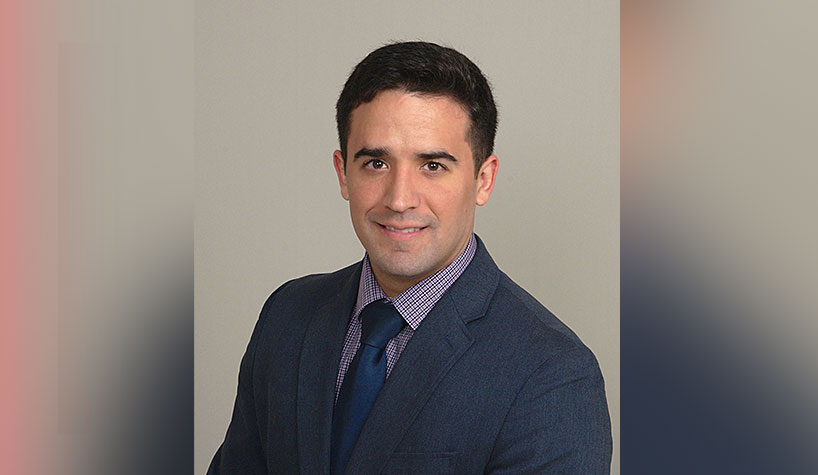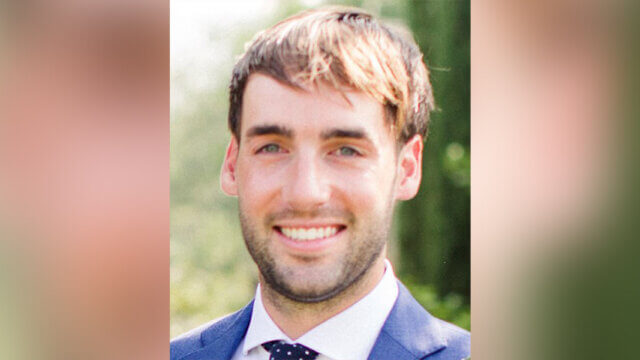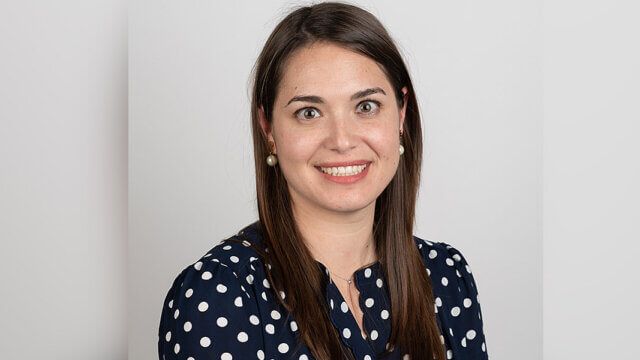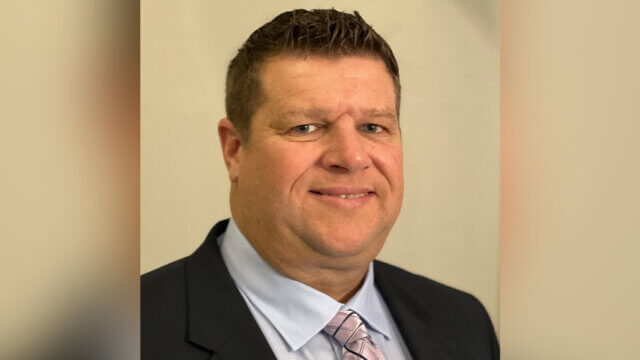By Mark Lee
The coronavirus has resulted in a year like the hospitality industry has never seen before and hopes never to see again. Yet as a glimmer of light shows through cautiously reopening doors, hotel operators are doing all they can to hedge against a repeat closure.
The hospitality industry was among the hardest hit when the economy was essentially shut down in March in a bid to stop the pandemic’s spread. In the U.S., now leading the world in COVID-19 cases, March hotel revenue per room nosedived 65% as occupancy rates sank to 31.5%.[1] Restaurants were even worse off, accounting for 60% of the country’s job losses in March.[2] It’s meant that hotels that had expanded their fast-growing food and beverage operations were hit doubly hard.
With improved hygiene critical to managing the spread of the coronavirus, the industry understands the need to assure guests that they are maintaining the highest standards of cleanliness. With its “Safe Stay” initiative, the American Hotel & Lodging Association has developed new hotel cleaning standards.[3] Hotel groups ranging from Marriott to Best Western have announced their own cleanliness campaigns and protocols.
It’s all good. But as hotels phase in their openings and establish their new standards of health and safety, they also should think about the broader risk perspective in today’s environment. Here are some considerations to keep in mind.
Top operational issues for managers
Now is the time for hotel management to update contingency planning for every property. Today’s pandemic, unfortunately, may be tomorrow’s flood or hurricane. Crisis planning is essential. For now:
- Go over your pandemic response plan to identify and communicate operational priorities. This should include critical staffing levels and activities in support of staff. Also key is a robust plan for contingencies.
- Put a contract in place—today—with an established and qualified cleaning and disinfecting vendor to ensure COVID-19 exposure on your property is minimized to employees and the public. Do not fail to secure their certificates of insurance, hold-harmless agreements and contracts.
- In the event your properties are still receiving few or no guests, don’t neglect maintenance. Routine security checks should be conducted. Fire protection/detection systems should be checked regularly and fire protection inspections should be continuing. If you’re in a colder climate, ensure adequate heating to avoid frozen and/or burst pipes.
Protecting employees will also protect patrons
As shelter-in-place orders are lifted, it will be key to put front- and back-of-the-house measures in place to guard against contagion. Best practices include the following:
- Establish a firm policy: Sick employees must stay home. Those who show symptoms should see a healthcare professional.[4]
- Employees who exhibit respiratory illness symptoms on the job should be separated and immediately evaluated by a healthcare professional.
- Reinforce good hygiene practices, such as frequent handwashing, sneezing and coughing etiquette and social distancing.
- Clean/disinfect frequently touched surfaces often with disposable, alcohol-based wipes. This includes doorknobs, elevators, offices, radios and stair-rails.
Step up safeguards against cybercrimes
Reports to the FBI of cybercrimes have quadrupled during the COVID-19 pandemic, a reminder to restaurant and hotel employers be especially on guard.[5] Ransomware and email phishing can lead to credential theft and financial fraud—issues to guard against at any time. For now, step up internal cyber security protocols and training procedures and remind employees to:
- Report suspicious emails to management
- Never open unknown or suspicious links or attachments
- Verify all requests for data or money before sending
- Never respond to spam
The saying tells us that “unprecedented times call for unprecedented measures.” In reality, the times don’t really require “unprecedented” solutions. Being smart with common-sense practices that are rigorously followed will always see you through.
Mark Lee is an assistant VP/risk consultant for global insurance brokerage Hub International.
This is a contributed piece to Hotel Business, authored by an industry professional. The thoughts expressed are the perspective of the bylined individual.




